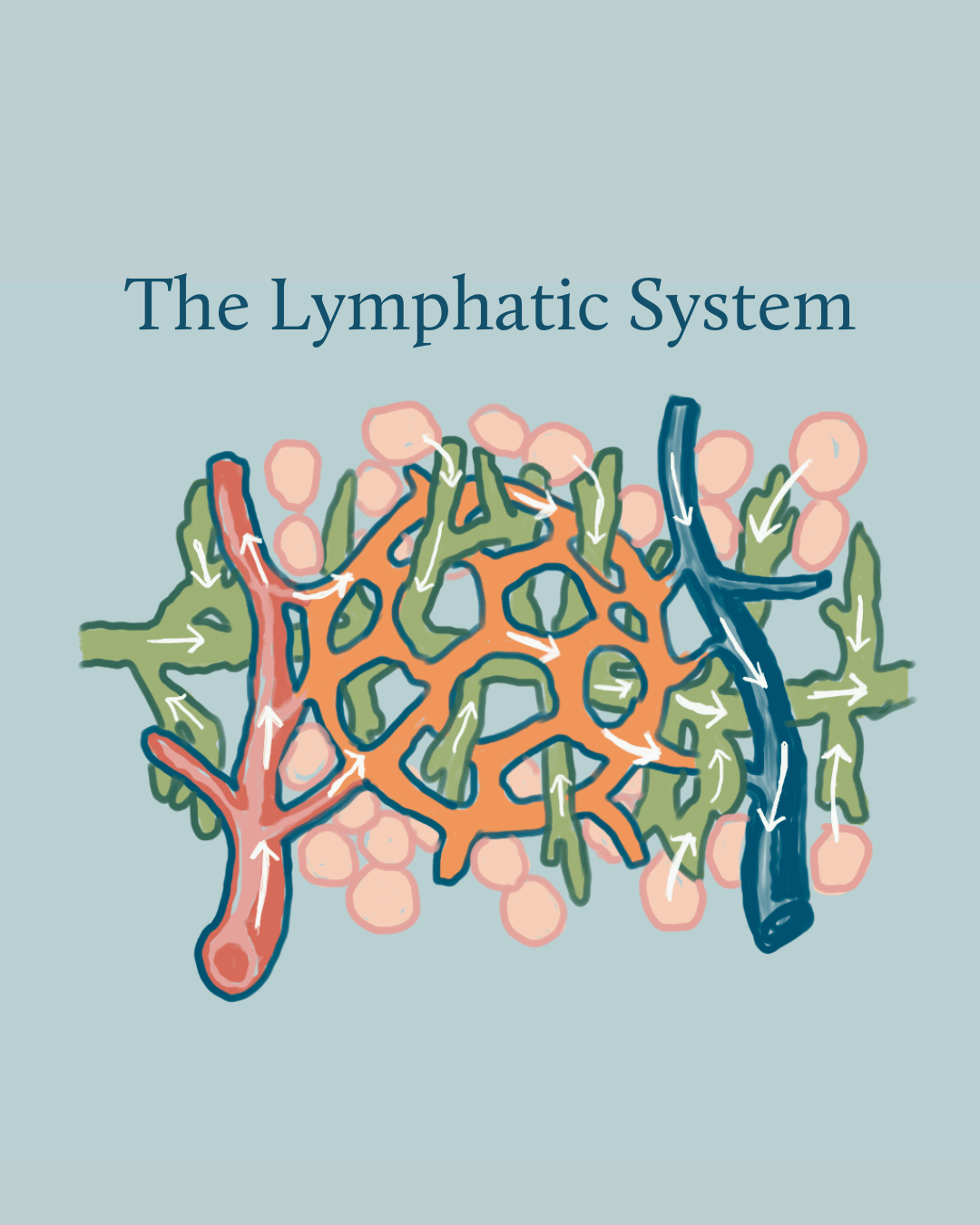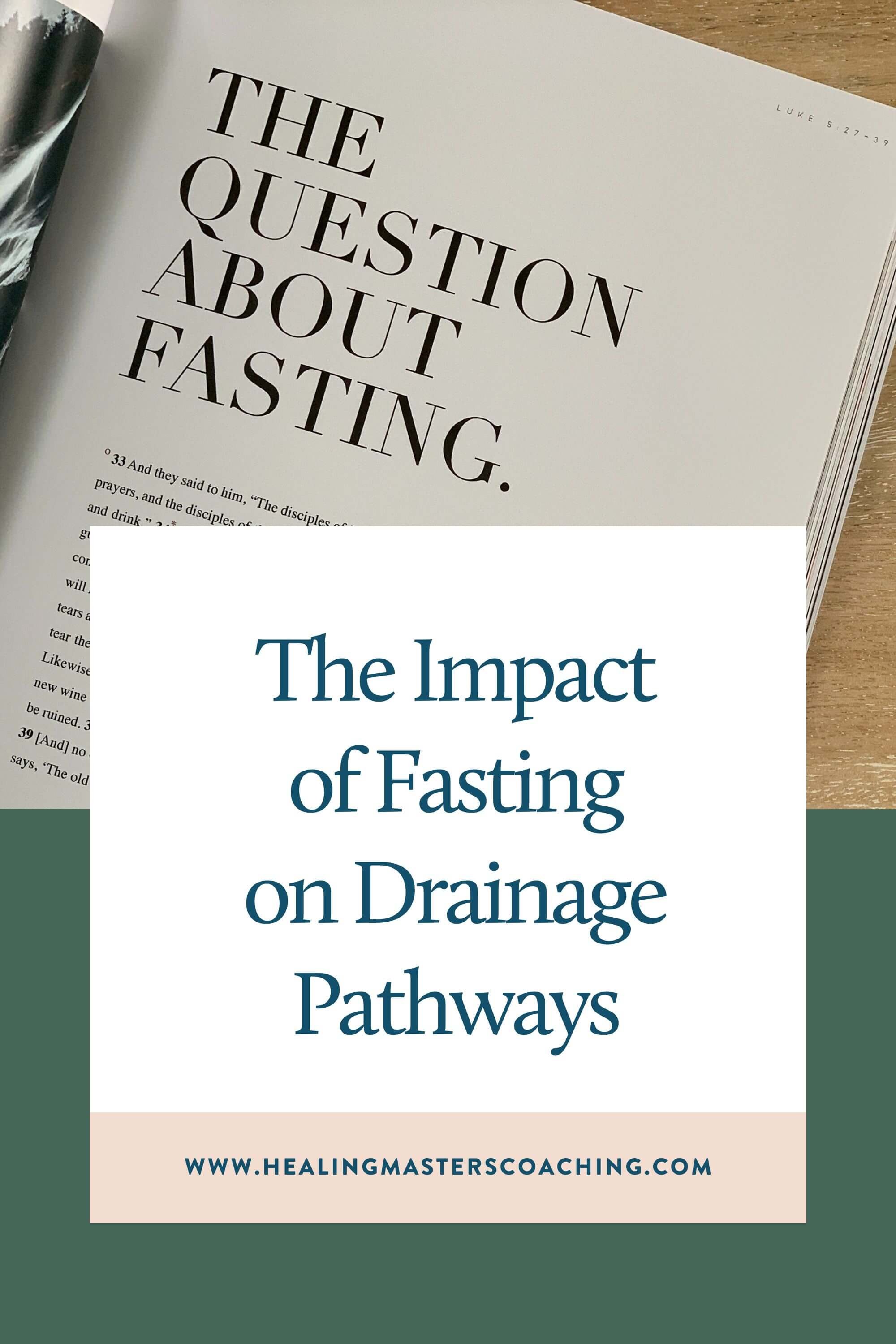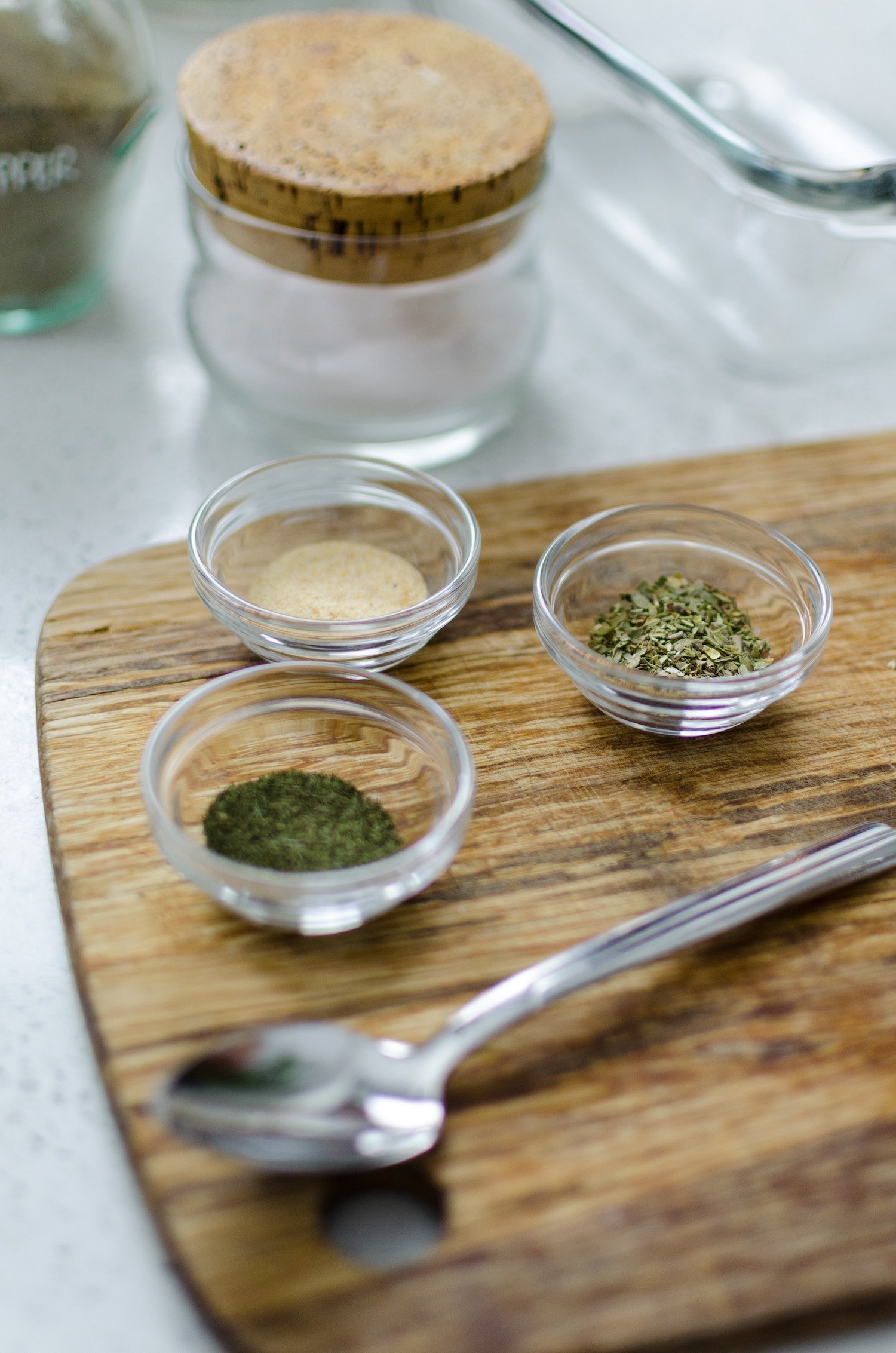5 Herbal Antibiotics That Heal Your Gut
In a world where our gut health is increasingly compromised by the harsh impacts of modern medicine and agriculture, nature offers a beacon of hope. Our digestive system, bustling with microbial life, plays a pivotal role in our overall wellbeing, from nutrient absorption to immune function. However, when the delicate balance within this microbiome is disturbed, the consequences can ripple through our health. Enter the realm of herbal antibiotics, nature's gentle warriors against imbalance, promising to restore harmony without the fallout of their synthetic counterparts. In this blog, we explore the power of five herbal antibiotics that can heal your gut and bolster your health. But first, let’s discuss what happens when you take prescription antibiotics.
The Toll of Synthetic Antibiotics on Gut Health
Your gut is a lot like a bustling city, alive with activity around the clock and full of diversity, with both good and bad residents. In this city, trillions of tiny residents – bacteria, fungi, and other microbes – work day in and day out to ensure that your body operates at its peak. They're responsible for digesting your food, fortifying your immune system, and influencing your mood. Imagine feeling emotionally down just because your gut "residents" are having a tough day! But what happens when there's an unexpected imbalance in the microbiome, where good microbes die off and bad guys move in or crowd them out.
Enter modern medicine and prescription antibiotics. Picture a tornado (synthetic antibiotics) tearing through this city, wiping out both the good and bad residents alike. Antibiotics, much like tornado, don’t discriminate, they destroy everything in its path, leaving behind an environment struggling to rebuild and regain balance. When this happens, our body’s defense - the immune system - is weakened and imbalanced, making us susceptible to illness, more sensitive, and feel crummy.
Agriculture's Hidden Antibiotic: The Glyphosate Problem
Then there is modern agriculture. Pesticides, especially the ubiquitous glyphosate, have been commonly used in farming and agriculture for over three decades now. According to the Centers for Disease Control and Prevention, approximately 81% of Americans have recently had glyphosate exposure through their diets. Though a better choice, even organic foods can have glyphosate residue. This is because fields or farm parcels intended for organic crop production only require a three-year organic transition period of not using it, but studies have found that glyphosate residue can persist in soil for over a decade. Not to mention, many people still use Round Up as their preferred weed killer in their gardens and yards.
Glyphosate was patented by Monsanto in 1974 as an herbicide, but it was later discovered that glyphosate has antimicrobial properties. In 2010 Monsanto was awarded a patent for glyphosate as an antibiotic. While the primary use of glyphosate is to ward off pests, the side effects on the human body are, unfortunately, much like that of a prescription antibiotic. Glyphosate, for instance, doesn’t just affect the plants it's sprayed on. It can disrupt the delicate balance of our gut's ecosystem, acting as an inadvertent antibiotic that negatively impacts both harmful and beneficial bacteria. This throws our internal city into chaos, weakening our immune system and making us susceptible to illness and disease.
Embracing Herbal Antibiotics for Gut Health
However, there is hope. God designed nature with infinite wisdom and magical solutions. There are powerful herbal antibiotics that work meticulously to restore balance, targeting bad guys and leaving good guys alone, ensuring that our inner city flourishes again. They act like gentle caretakers, providing needed support without causing needless destruction and harmful, toxic side effects. They enhance your immune system’s ability to withstand stressors and protect against herbicides in the body. This makes them excellent choices when it comes to gut health and overall wellbeing.
With the increasing reliance on chemicals in agriculture and medicine, it's more crucial than ever to reconnect with nature's offerings. As concerns over antibiotic resistance grow and awareness spreads about the damage both synthetic antibiotics and pesticides can inflict on our gut, many are turning back to the ancient wisdom of herbal remedies. When it comes to championing gut health, these herbal allies are proving indispensable.
Are you eager to learn more about these natural defenders against modern-day invaders? Time to dive into 5 of the most commonly used herbal antibiotics for your gut.
5 Herbal Antibiotics for Your Gut
Garlic: A common household ingredient, is a potent natural antibiotic, antifungal, and antiparasitic. It contains allicin, a compound renowned for its antimicrobial properties. Allicin targets harmful bacteria while leaving beneficial gut flora untouched. Garlic also promotes a healthy inflammatory response and bolsters the immune system, making it an excellent choice for gut health.
Oregano: Often associated with Italian cuisine, oregano boasts powerful antibiotic properties due to its active compound carvacrol. Oregano oil is especially potent, helping to combat harmful bacteria like E.coli and candida. Unlike synthetic antibiotics, it doesn't impact beneficial gut bacteria negatively, making it a great natural alternative.
Berberine: A bioactive compound found in several plants such as goldenseal, barberry, and Oregon grape, has been used in traditional medicine for centuries. Its potent antimicrobial properties can inhibit the growth of various harmful bacteria, fungi, and parasites. Furthermore, berberine can potentially help regulate blood sugar and reduce inflammation, both beneficial for gut health.
Ginger: Ginger is more than just a flavorful spice. It's been revered for centuries for its medicinal properties. Ginger is rich in gingerols, compounds that exhibit anti-inflammatory and antibacterial properties. It's particularly effective in inhibiting the growth of H. pylori, a bacteria linked with stomach ulcers. Plus, it's a potent digestive aid and pro-kinetic, helping to ease discomfort from slow motility, bloating, gas, and constipation.
Cloves: Cloves are a potent spice revered for their antimicrobial, antifungal, and antiparasitic properties. Eugenol, the main compound in cloves, is particularly effective against bacteria and yeasts that can upset the gut's microbial balance. Cloves also help to stimulate digestion and have anti-inflammatory properties, further supporting gut health. Not to mention, clove is highly effective at killing parasite eggs.
What Makes Herbal Antibiotics Different
One of the significant drawbacks of synthetic antibiotics is their inability to discriminate between good and bad bacteria, thereby depleting the body's beneficial gut flora alongside harmful pathogens. This can lead to digestive issues, weakened immunity, and may even make you more prone to various infections.
Herbal antibiotics, on the other hand, are renowned for their selective activity. For instance, herbs like garlic, oregano, and berberine have potent antimicrobial properties but are less likely to disrupt the beneficial (good) gut bacteria. They also encourage a healthier balance of microbes in the gut, enhancing digestion, nutrient absorption, and immune health.
Herbal antibiotics also support and enhance the immune system, unlike synthetic antibiotics that can suppress it over time or leave toxic byproducts like heavy metals that can fortify biofilms within the body, leading to antibiotic resistance. Herbal antibiotics are particularly beneficial for those suffering from tick-borne infections as it helps the body to fight off these infections more effectively with less side effects.
Mitigating Antibiotic Resistance
The widespread use of synthetic antibiotics has led to a global health concern: antibiotic resistance. This phenomenon occurs when bacteria evolve to withstand the drugs designed to kill them, rendering treatments less effective.
Herbal antibiotics can play a crucial role in mitigating this issue. Since they operate differently from synthetic antibiotics - often disrupting multiple processes in bacteria rather than one specific target - it's much harder for bacteria to develop resistance against them.
Conclusion
Herbal antibiotics offer a gentler, more balanced approach to managing various health conditions, including gut issues, tickborne infections, and sinus infections. They hold the promise of a future where healthcare is less dependent on synthetic drugs and more in tune with nature's healing wisdom. Nature's pharmacy is rich and diverse, offering powerful herbal antibiotics that can support gut health while sparing beneficial bacteria.
Each herb carries its unique blend of properties and potential health benefits. Remember that although natural, these herbs are potent and can interact with other medications or cause side effects in some individuals. Every individual's health situation is unique, and what works best for one may not work for another. This is especially true if you are already sensitive or dealing with mast cell activation.
Always consult with an informed healthcare professional or a certified herbalist before starting any new natural treatment regimen. Herbal antibiotics can be powerful, and they should be used responsibly, considering potential interactions and individual sensitivities. We help our clients navigate herbs here at Healing Masters.
The journey to optimal gut health is unique to everyone, but with the right natural tools and guidance, we can all move towards a healthier, happier gut. Embrace nature's wisdom and harness the power of herbal antibiotics for a more vibrant gut microbiome.
Overcome Your Chronic Symptoms & Heal Holistically
Are you looking to get to the root cause of your symptoms? We can help you.
We use holistic approaches and functional medicine lab testing to investigate what is triggering your chronic symptoms so you can address them at their source and start to feel better faster. Our health coaches are masters at guiding the healing of multiple root causes in a personalized order that gets you wellness results that last. We also help you maintain good health and minimize your disease risks.
by sarah southerton
Certified Integrative Health Practitioner (IHP2) & Functional Medicine Health Coach
I specialize in helping people heal chronic illnesses and achieve optimal health. After my own battle with Ehlers Danlos Syndrome (EDS), Lyme disease, Mast Cell Activation Syndrome (MCAS) and Post Orthostatic Tachycardia Syndrome (POTS), I was thrust into the world of alternative medicine, herbal healing, and low-tox/low-stress living. I have since restored my health and no longer suffer with debilitating symptoms and I’m passionate about help other people who are suffering, so they can feel better a lot faster than I did.
Disclaimer: The information on this website is for general information purposes only. Nothing on this site should be taken as healthcare advice for any individual case or situation. This information is not intended to create, and receipt or viewing does not constitute, an healthcare professional-patient relationship. We do our best to keep information accurate and up to date, however mistakes do happen, and we cannot make guarantees regarding the accuracy of our information. We are not liable for any information on this website or your reliance upon it.
































